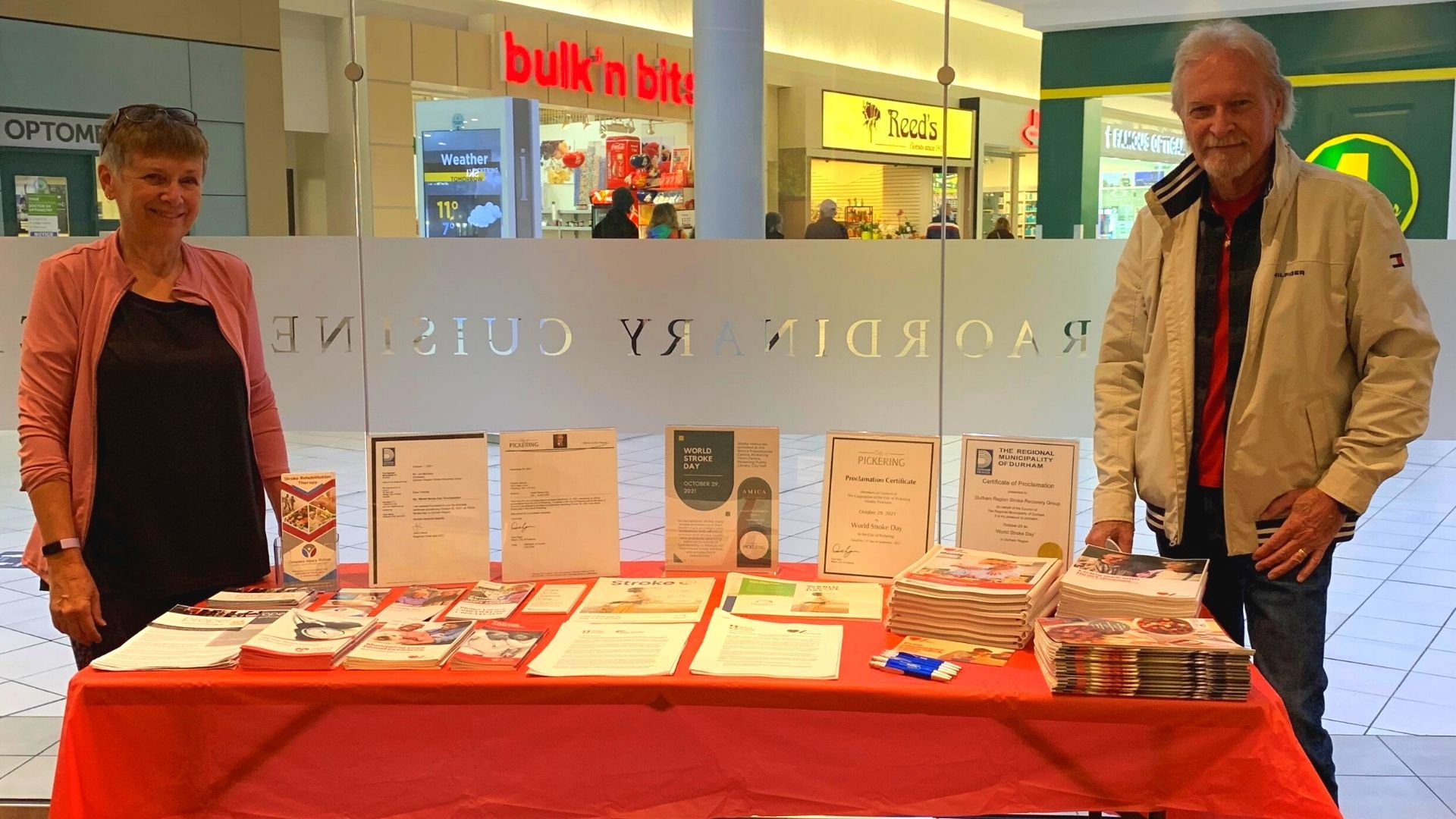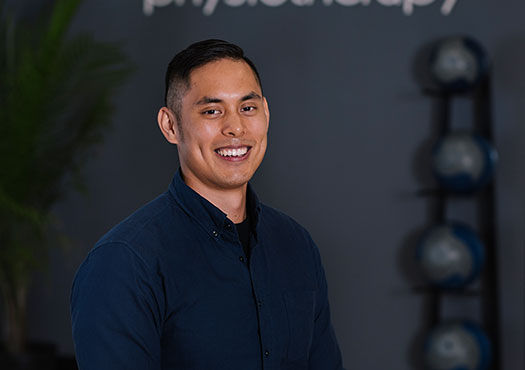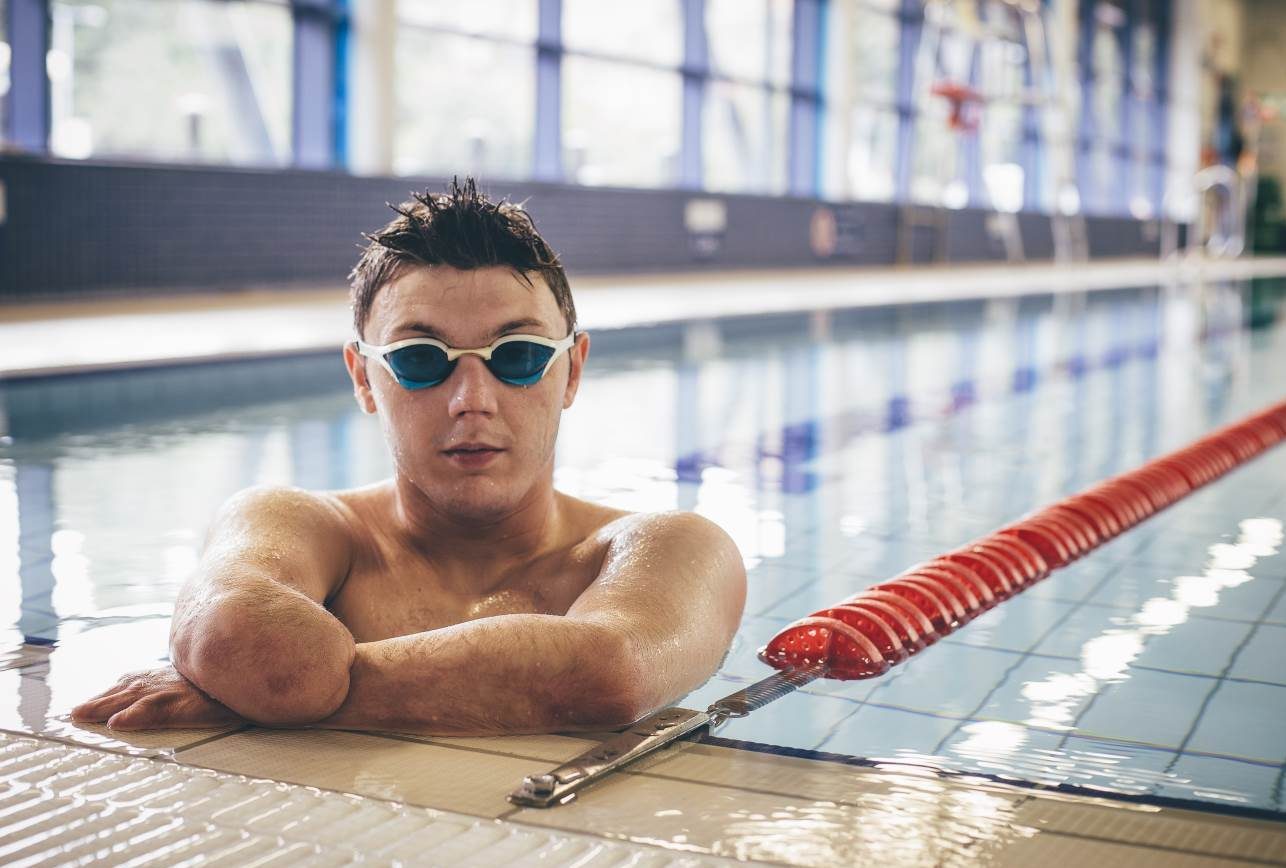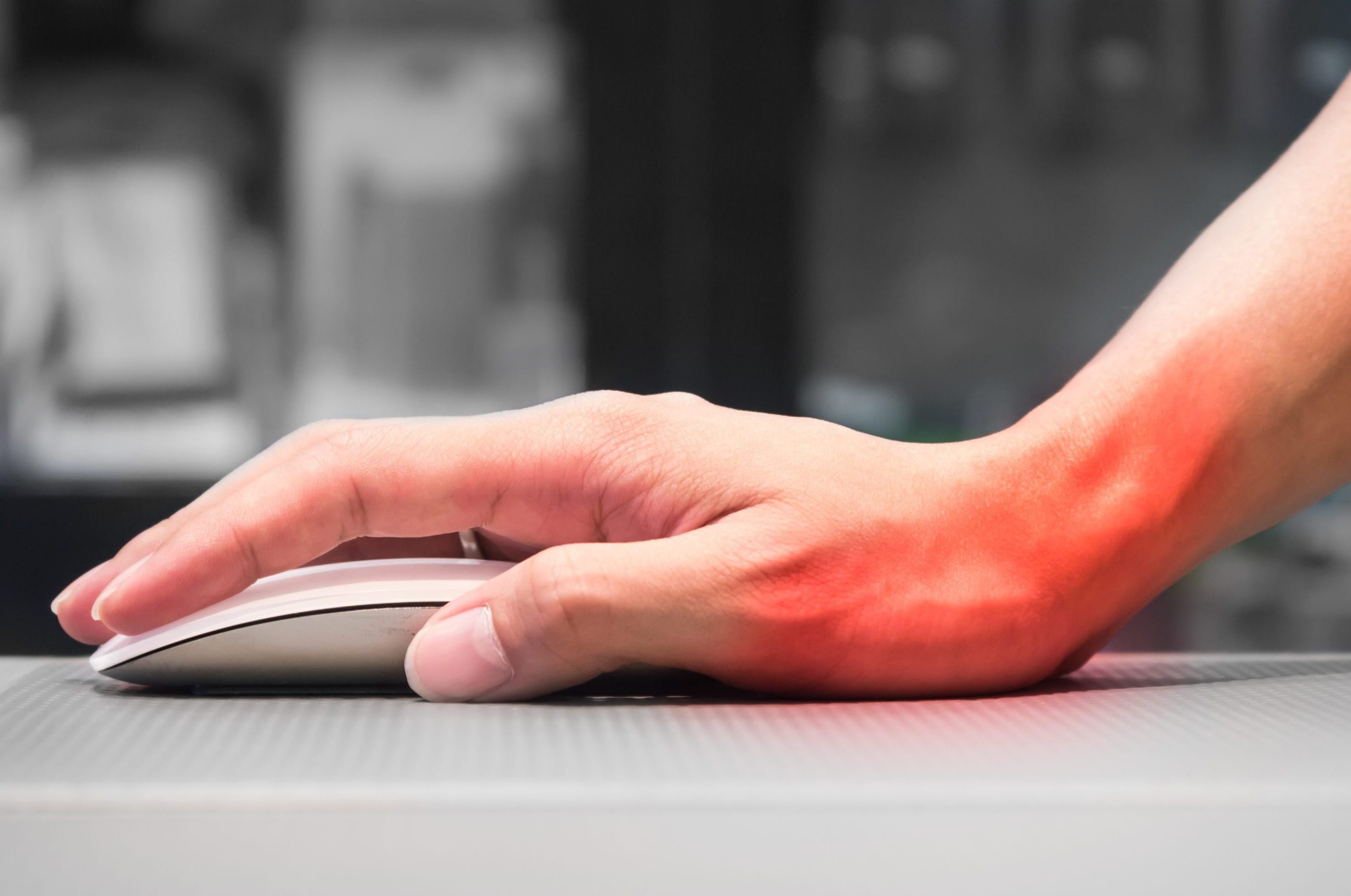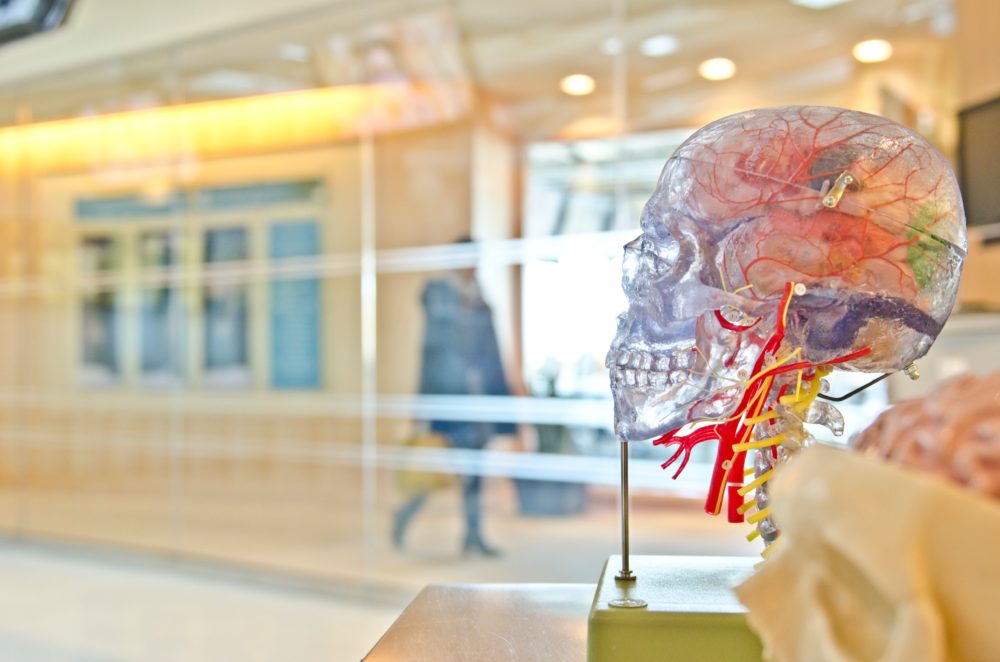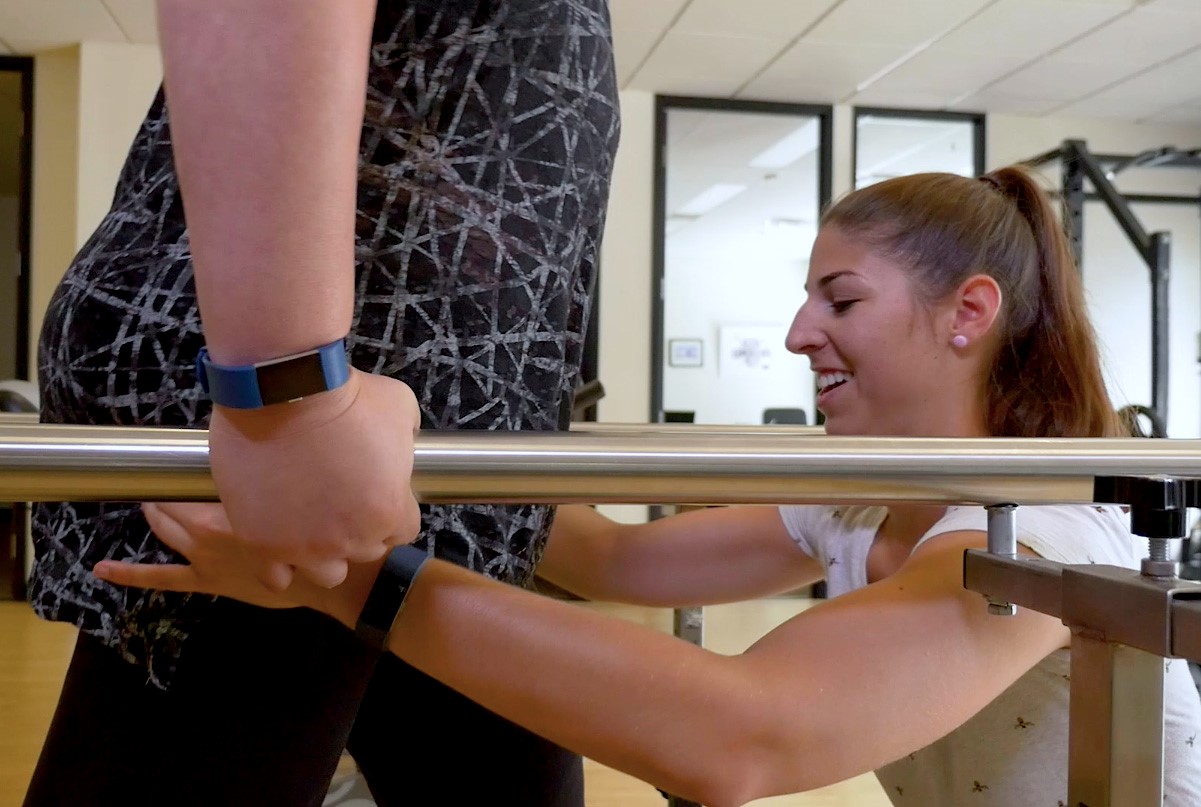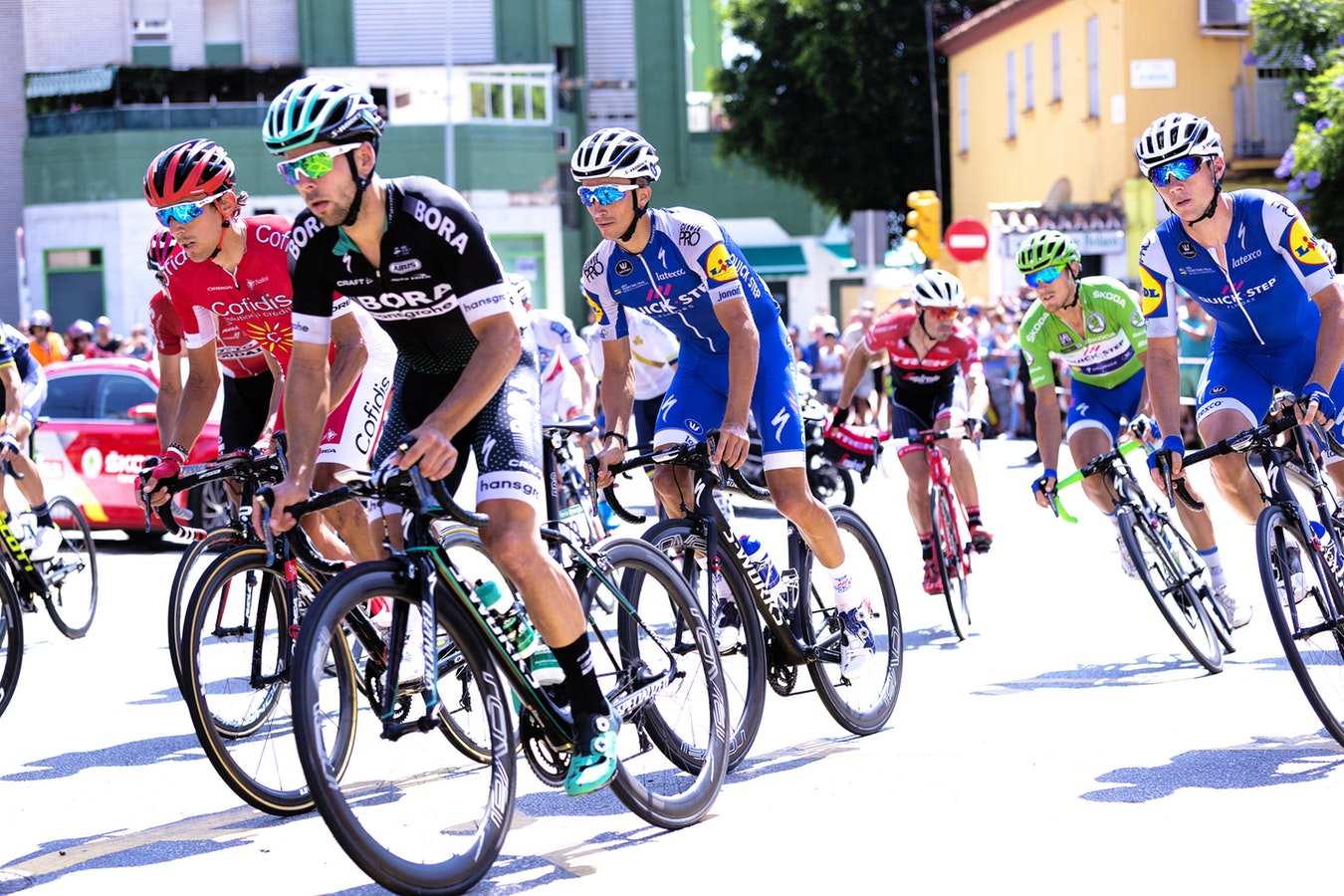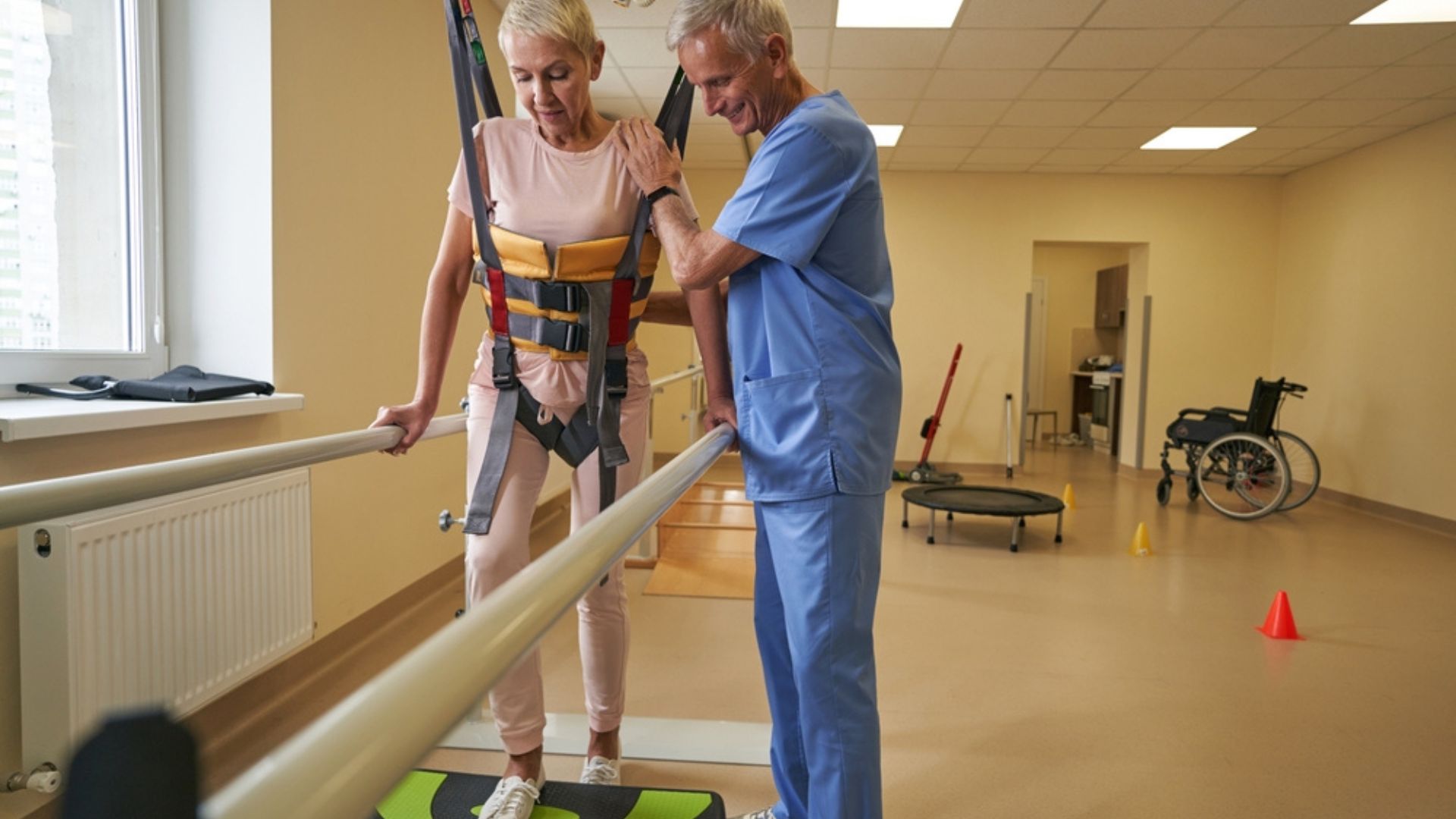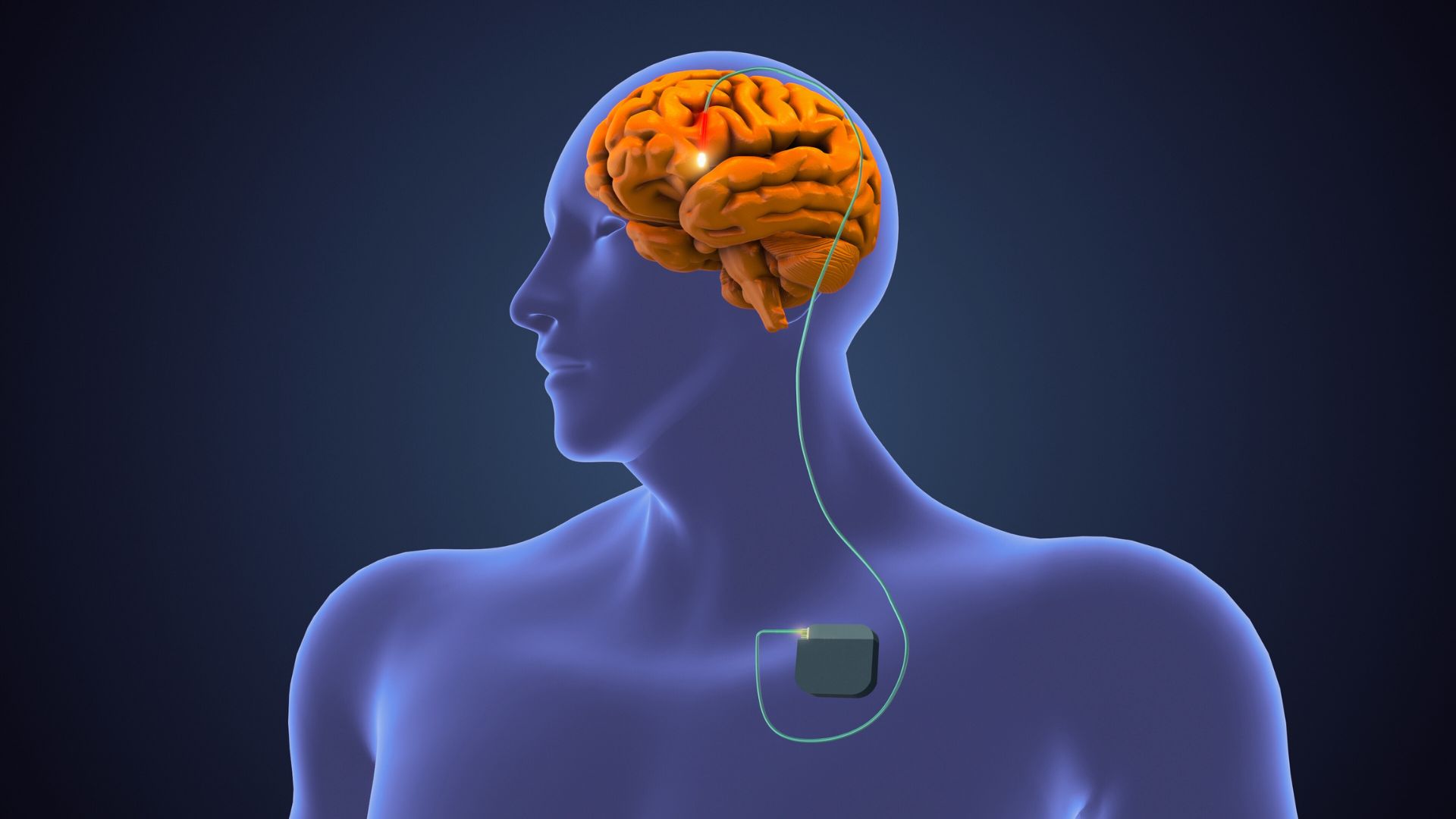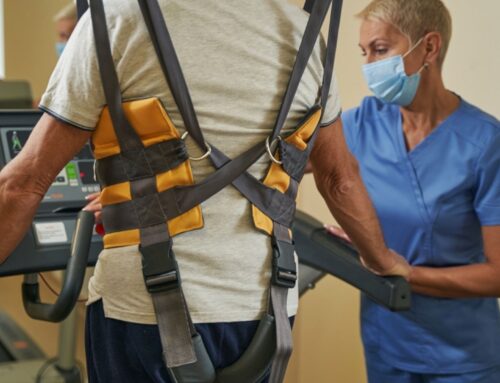I first met Pam Spence in January 2020, after her course of inpatient and outpatient rehabilitation post-stroke. At that initial session, Pam was already clear on her goals and very thoughtful in her approach to physiotherapy and the expected outcomes. She understood that recovery would take a lot of hard work and persistence and she was all in.
Pam’s stroke journey began in June 2019. She began experiencing a series of unexplained headaches, which led to a diagnosis of carotid artery stenosis (a narrowing of the large arteries in the neck) and atrial fibrillation (an irregular and often very rapid heart beat).
In mid-August of that year, she experienced a stroke while at a recreation centre. The emergency response team at the recreation centre were able to assess the situation and transport her to a stroke division hospital. There she received the tissue plasminogen activator (tPA), the only drug that can break up a blood clot if received within the 4-hour limit.
Pam considers herself lucky compared to others who have been affected by stroke. Her limitations are localized to her left upper extremity. She experienced spasticity, weakness, and decreased function in her left (dominant) hand and arm. Her range of motion, activities of daily living, participation in recreation were all very limited at the beginning.
Today, Pam continues to work with a private rehabilitation team consisting of an occupational therapist and a neuro-physiotherapist to improve her mobility, independence and quality of life. So many other people living with stroke are not able to access the additional care they need after inpatient hospital care due to a variety of reasons.
Pam Spence has made it her mission to advocate for people living with heart and stroke conditions. I sat down with Pam to discuss her rehabilitation journey and her advocacy work in the Pickering community.
What has been the most eye-opening aspect of your rehabilitation journey?
The intensity and amount of therapy that you have to do is really eye-opening. It is important to have team members onboard throughout the process and have professionals reminding you that repetitive post stroke exercises are really important and needed to achieve the functionality.
What are your ultimate goals outside of the clinic?
Even small guidance and exercises are working really well, despite other complications. I feel like I’m progressing well. I have noticed changes to my left-hand functioning and abilities. For example, I’m able to zip up a jacket and using my left hand more for functional tasks in general. I’ve progressed to a return to driving post-stroke, which was an achieved goal and milestone. I would like to continue to have more consistency with the left hand and function.
What has motivated you throughout your rehabilitation process?
I am driven by my personal goals but also by other stroke survivors. I have found the education component of therapy has been most beneficial to me. And so, I am motivated to educate others on the rehabilitation processes. I did some of this work around World Stroke Day on October 29th, getting the contacts out to the community and advocating for integrated services for stroke rehab.
What advice do you have for others in a similar situation?
It is important to be educated on stroke recovery and seek out resources for stroke recovery support groups. I also think it’s really important to take advantage of the OHIP funded programs. It is equally important to find the right private therapy team to continue with care after OHIP programs end. Specifically, it needs to be a neuro-physiotherapy clinic that can assist with the various challenges that many have, including cognitive, vision, hearing, and mobility issues. I truly believe that you can continue to achieve results but it is going to take a lot of repetition and a lot of dedication. I am finding that even after two years, I am still seeing changes with my hand.
What do you enjoy about physiotherapy? And what do you not enjoy?
I enjoy the education. I enjoy the discussions we have about why certain things are happening or how things work. For example, being educated on spasticity, or on a specific therapy like electrical stimulation. We cover the entire spectrum of the body and how stroke affects it. I enjoy the approach of treating the whole body.
I think there needs to be that balance between education and therapy. Even simple things like getting great instructions on the exercises is key to doing homework effectively.
If you could give a health professional some advice, what would it be?
I would say that it’s important to help their clients understand that the rehabilitation journey can take a long time. They need education on how timelines can change and the challenges they might face in navigating the healthcare system. The client needs their support through the therapy process. I would also tell them to encourage their clients to participate in studies that are ongoing for helping for post-stroke rehabilitation.
Do you have any parting remarks or final comments for our reader?
I want to continue to advocate for best stroke care practices ongoing and I encourage others to do the same. To quote Roy T. Bennett, author of Light in the Heart, “Don’t wait for the right moment to start, start and make each moment right.”
Written by

